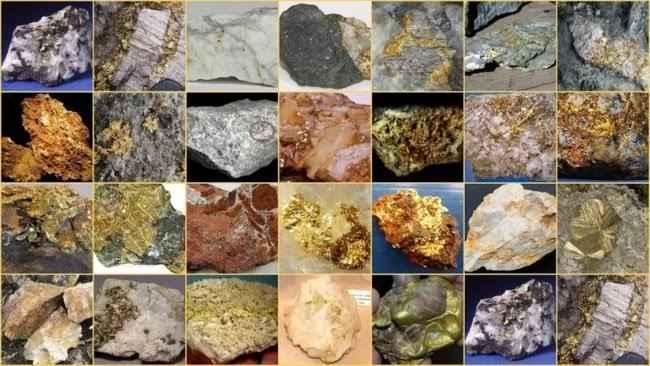Latest Cost Of Land In Nigeria And Most Priced Locations

Nigeria's real estate market has witnessed significant transformations in recent years, with land prices experiencing notable fluctuations across various regions. As of February 2025, the landscape of land valuation in Nigeria reflects a combination of economic growth, urbanization, and infrastructural developments. This blog post delves into the latest cost of land in Nigeria, highlighting some of the most priced and sought-after locations.
Overview of Land Prices in Nigeria
The cost of land in Nigeria varies significantly based on factors such as location, proximity to urban centers, infrastructural development, and the economic activities prevalent in the area. According to Nigeria Property Centre, the average price of land for sale in Nigeria is ₦70,000,000, with prices ranging from ₦400,000 to ₦14,000,000,000, depending on the aforementioned factors.
Most Priced Locations in Nigeria
1. Lagos State
Lagos, the commercial nerve center of Nigeria, boasts some of the most expensive land areas in the country.
- Banana Island: Renowned for its exclusivity and luxury, Banana Island in Lagos is a top choice for real estate investment. With land prices averaging ₦1,228,457 per square meter, it stands as one of the priciest locations in Nigeria.
- Ikoyi: Another premium neighborhood in Lagos, Ikoyi is known for its high property prices due to demand from businesses, expatriates, and affluent locals.
- Victoria Island: Serving as Lagos' financial center, Victoria Island houses numerous multinational companies, top hotels, and luxury residences. The strategic location and commercial significance contribute to its high land costs.
2. Abuja (Federal Capital Territory)
As the political capital of Nigeria, Abuja features several high-end neighborhoods with premium land prices.
- Maitama: Known for its high property values and demand from diplomats and high-net-worth individuals, Maitama is a prestigious area in Abuja.
- Asokoro: This district is in demand for its luxury properties and closeness to government offices, further boosting property values.
3. Rivers State
Port Harcourt, the capital of Rivers State, is a major oil and gas hub, which has driven up real estate prices, particularly in secure estates and waterfront properties.
4. Ogun State
Ogun State is increasingly expensive due to its proximity to Lagos and the rise of developments in areas like Abeokuta and Sagamu, with high-end estates attracting significant investment.
5. Oyo State
With Ibadan’s growing economy and infrastructural developments, Oyo State has become more expensive, particularly in upscale neighborhoods.
Factors Influencing Land Prices
Several factors contribute to the high cost of land in these prime locations:
- Economic Activities: Areas with robust economic activities, such as Lagos and Port Harcourt, attract businesses and individuals, driving up land demand and prices.
- Infrastructural Development: Regions with advanced infrastructure, including good road networks, reliable power supply, and modern amenities, tend to have higher land values.
- Security: Neighborhoods with low crime rates and adequate security measures are more desirable, leading to increased land prices.
- Exclusivity and Prestige: Locations known for their exclusivity, such as Banana Island and Maitama, command higher land prices due to their association with affluence and status.
Emerging Trends
The Nigerian real estate market is witnessing a shift towards emerging areas that offer potential for significant returns on investment. Locations such as Ibeju-Lekki and Epe in Lagos State are gaining attention due to ongoing infrastructural projects like the Lekki Free Trade Zone and the proposed international airport. Investors are considering these areas for land banking, anticipating substantial appreciation in land values in the near future.
Conclusion
Investing in land within Nigeria's most priced locations offers substantial returns, driven by factors such as economic growth, infrastructural development, and exclusivity. However, it's crucial for investors to conduct thorough due diligence, considering factors like government policies, market trends, and potential risks. Engaging with real estate professionals and staying informed about market dynamics can aid in making informed investment decisions.
As the Nigerian economy continues to evolve, the real estate sector remains a pivotal component, reflecting broader economic trends and offering opportunities for discerning investors.






